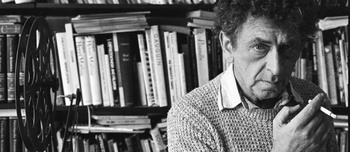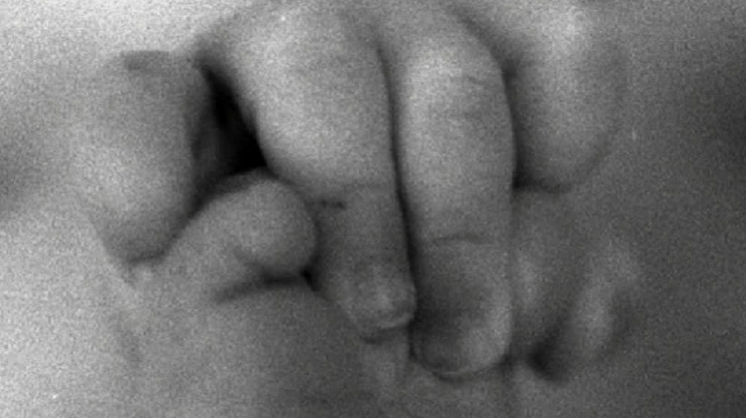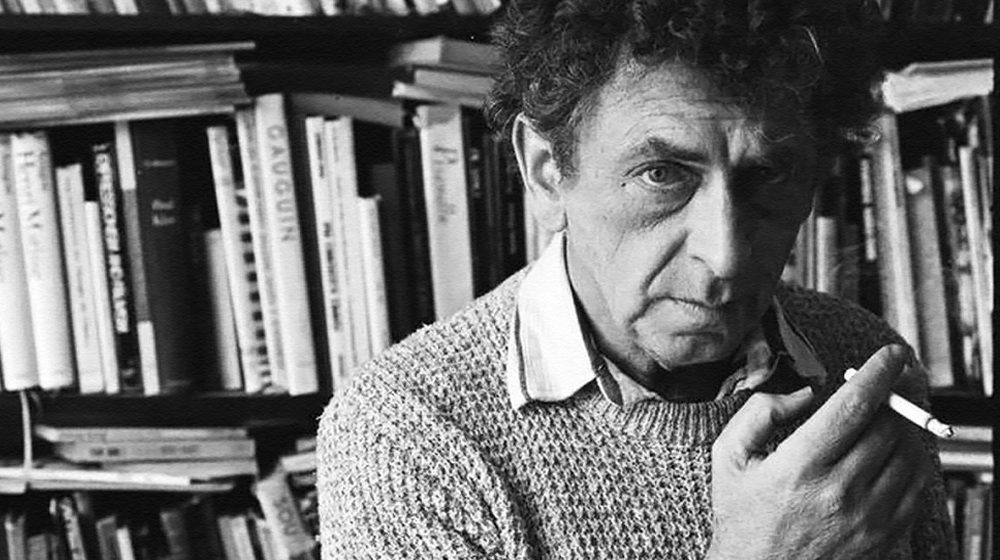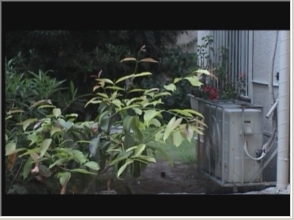David Perlov was born in Rio de Janeiro on June 9th, 1930. His artistic vocation, however, led him first to Paris where he stayed for six years, studying at the 'Ecole des Beaux Arts' and later on at the studio of Arpad Szenes. The prevailing abstract tendencies in the 1950s art world did not satisfy Perlov, and his need to confront more human subjects drew him to cinema. He became an assistant to Henri Langlois, the founder and director of the Cinematheque Francaise, and worked as editor with the documentary filmmaker Joris Ivens. In 1957 Perlov directed his first film Old Aunt China, based on drawings of a young girl, which he found in the cellar of the house he was living in.
Following the Eichmann trial, Perlov made In Thy Blood Live, the first Israeli film accepted at the Venice Film Festival, where it was awarded an honorary mention. His next film, Old Age Home, awarded him the Van-Leer Foundation prize. In 1963 Perlov made In Jerusalem, a turning point in his cinematic career and a milestone in Israeli cinema. The film set a new, free style for documentary work in Israel. In 1998, he began work on the Revised Diary. The three one-hour films "Sheltered Childhood", "Day to Day and Rituals", and "Back to Brasil", center on specific topics, unlike the river-like flow of the earlier Diary. David Perlov died on December 13, 2003.
© www.davidperlov.com









